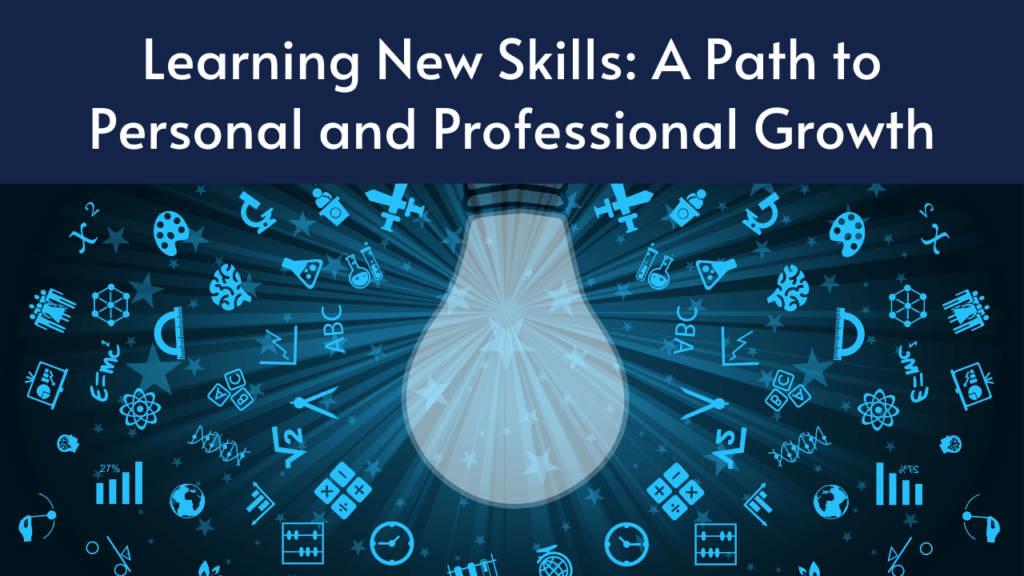Mastering the Art of Hard and Soft Skills: A Comprehensive Guide

Introduction:
In today’s ever-evolving job market, it’s crucial to possess a well-rounded skill set that encompasses both hard and soft skills. These skills are the building blocks of professional success and personal development. In this comprehensive guide, we will explore what hard skills and soft skills are, their differences, and how you can learn and develop them to excel in your career.
1. What Are Hard Skills?
Hard skills are specific, teachable abilities or knowledge that can be measured and quantified. They are typically job-specific and can be acquired through education, training, or experience. Examples of hard skills include:
- Coding
- Data analysis
- Project management
- Graphic design
- Accounting
2. What Are Soft Skills?
Soft skills, on the other hand, are interpersonal or people skills that are less tangible and harder to quantify. They are essential for effective communication, collaboration, and overall workplace success. Examples of soft skills include:
- Communication
- Leadership
- Problem-solving
- Adaptability
- Time management
3. Differences Between Soft Skills and Hard Skills (Table):
| Aspect | Hard Skills | Soft Skills |
| Tangibility | Tangible, measurable | Intangible, harder to quantify |
| Specificity | Job-specific | Transferable across roles |
| Learning process | Formal education, training | Lifelong learning and practice |
| Application | Task-oriented | People-oriented |
| Examples | Coding, data analysis, language | Communication, leadership, adaptability |
4. How to Learn New Skills?
Learning new skills, whether hard or soft, requires dedication and a structured approach. Consider:
- Online courses
- Formal education
- On-the-job training
- Self-study
- Mentorship
5. How to Develop Hard Skills:
To develop hard skills effectively:
- Identify the skill you want to acquire.
- Find relevant resources and courses.
- Practice, experiment, and apply what you learn.
- Seek feedback and improve continuously.
6. How to Develop Soft Skills:
Enhancing soft skills involves:
- Self-awareness and self-reflection.
- Active listening and empathy.
- Seeking mentorship or coaching.
- Participating in group activities.
- Practicing in real-life scenarios.
7. Blending Hard Skills and Soft Skills:
Success in the workplace often depends on the harmonious integration of hard and soft skills. For example, project management (hard skill) is more effective when paired with communication and leadership (soft skills).
8. Highlighting Skills on Your Resume:
Tailor your resume to include both hard and soft skills relevant to the job you’re applying for. Use specific examples to demonstrate your proficiency.
9. Demonstrating Your Skills in a Job Application:
In your cover letter or interview, articulate how your skills have contributed to past successes and how they align with the job requirements.
10. Ways to Highlight Hard Skills and Soft Skills:
- Hard skills: Certifications, relevant experience, technical proficiency.
- Soft skills: Behavioral examples, interpersonal stories, teamwork experiences.
11. Conclusion:
Hard skills and soft skills are not in competition; they are complementary. Strive to cultivate a well-balanced skill set that meets the demands of your chosen profession and empowers you to excel in all aspects of your life.
In this comprehensive guide, you’ve gained insights into the world of hard and soft skills, how to acquire and nurture them, and the role they play in your professional journey. It’s time to harness the power of these skills to propel your career forward and achieve your goals.

Leave a Reply